Re-engineering the System: Powerful lessons of the pandemic
- - Pandemic disruptions associated with school shutdowns inflicted collateral damage exemplified by measurable learning loss, interrupted child/teen social development, and lingering psychosocial side effects.
- - Pandemic policy responses associated with the default to 'emergency remote learning' and experimental hybrid schedules varied widely, across Canada and North America, some systems performed better than others, in providing continuous learning and responding to the needs of vulnerable and marginalized student populations.
- - The pandemic shock destabilized school systems and left school leaders flying blind, but new research is bringing the lessons into sharper relief, allowing us to identify the most effective ‘close the gaps’ strategies and be better prepared for future global disruptions.
Schedule Information:
4:00pm | Monday 18th March
Session Description
Three years after the initial shock, the fallout from ‘Education’s Long Covid’ lingers in the form of measurable learning loss, stunted social development, and mental health side effects. Widening knowledge gaps and attendant problems such as increased school violence and chronic student absenteeism cry out for more visible, effective, better-coordinated learning recovery plans. Drawing upon the latest North American research into pandemic education fallout, this presentation pieces together the collateral damage, compares the responses of different types of schools, and identifies the most effective ‘close the gaps’ strategies. It’s full of lessons for policymakers, school district leaders, and teachers.






